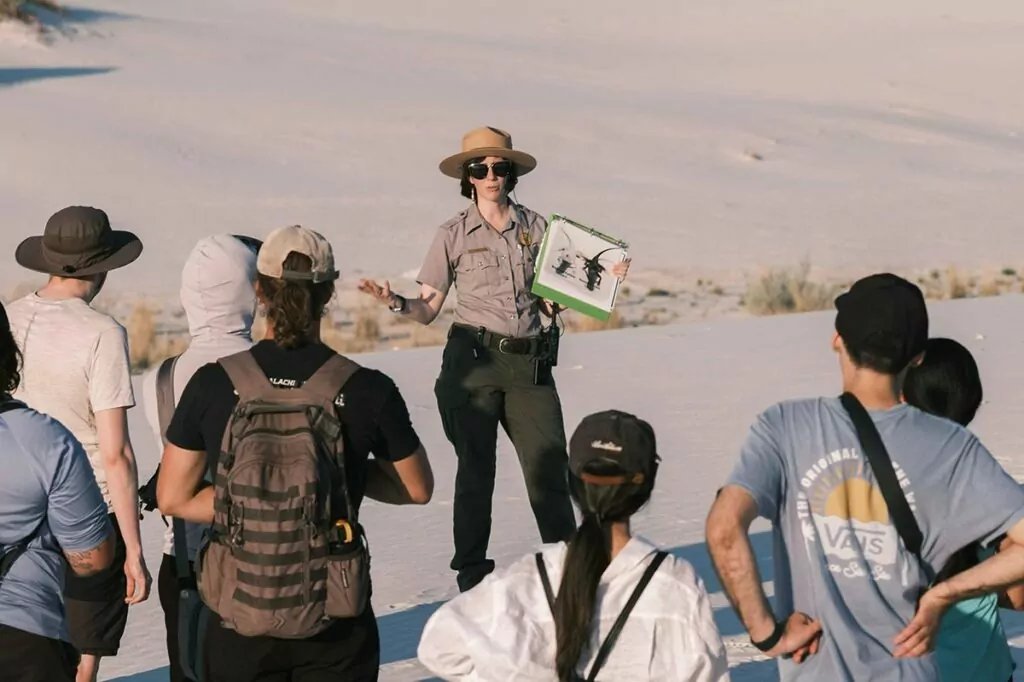Travelling is one of the most rewarding experiences you can have, whether you are exploring a bustling city, enjoying a relaxing beach escape, or hiking through scenic mountains. A well-prepared travel guide can help you make the most of your trip, ensuring you experience the culture, food, and attractions while avoiding unnecessary stress. This travel guide will provide you with everything you need to plan a memorable journey.
Planning Your Trip
Before you set off, thoughtful planning is essential. It helps you avoid overspending, ensures smooth travel, and allows you to enjoy every moment of your adventure.
Research Your Destination
The first step in planning is to thoroughly research your destination. Learn about its history, culture, and traditions so you can connect more deeply with the place. Look up essential details such as weather, local events, and public holidays, as these factors influence the timing of your trip.
Budgeting for Travel
Creating a realistic budget is crucial. Consider:
-
Flights and transportation
-
Accommodation options
-
Daily food and drink expenses
-
Tours and activities
-
Souvenirs and shopping
-
Emergency funds for unexpected costs
Having a clear budget allows you to prioritise experiences without financial stress.
Booking Accommodation
Choose accommodation based on your travel style. Options range from boutique hotels and resorts to budget hostels or homestays. Pay attention to:
-
Proximity to attractions and transport links
-
Safety of the neighbourhood
-
Guest reviews
-
Included amenities like Wi-Fi or breakfast
Travel Essentials
Packing smart ensures you are ready for any situation without overloading your luggage.
Packing List Must-Haves
-
Comfortable clothing suited to the climate
-
Sturdy walking shoes
-
Toiletries and personal care items
-
Travel documents: passport, tickets, visas
-
Portable charger and adaptors
-
First aid kit and basic medication
Travel Insurance
Never overlook travel insurance. It covers medical emergencies, cancellations, lost luggage, and other unexpected incidents, offering peace of mind throughout your journey.
Getting Around
Transportation plays a major role in how you experience your trip. Understanding the options available can save you time and money.
Public Transport
Most cities offer efficient public transport, from buses and trains to metros. Purchase travel cards or passes to save money on multiple journeys.
Car Hire and Ridesharing
For destinations with limited public transport, hiring a car gives you flexibility. Alternatively, ridesharing apps are widely available and often cheaper than taxis.
Walking and Cycling
Exploring on foot or by bicycle is often the best way to discover hidden gems, interact with locals, and soak in the atmosphere.
Food and Drink
Sampling local cuisine is an essential part of travelling. Each destination has unique flavours that reflect its culture.
Exploring Local Cuisine
-
Visit street food markets for authentic flavours
-
Try traditional dishes recommended by locals
-
Look for restaurants away from tourist hubs for better value and taste
Staying Safe with Food
Stick to busy eateries, check hygiene standards, and drink bottled water where tap water is unsafe.
Cultural Etiquette
Respecting local customs enriches your experience and creates positive interactions.
Key Tips
-
Learn a few basic phrases in the local language
-
Dress appropriately, especially at religious or cultural sites
-
Be mindful of photography rules
-
Respect traditions such as greeting customs or dining etiquette
Top Attractions and Activities
Every trip is more fulfilling when you balance sightseeing with relaxation and cultural immersion.
Must-See Landmarks
Identify iconic landmarks in your destination, such as historical monuments, museums, or natural wonders. These are often central to the identity of the place.
Outdoor Adventures
If you enjoy nature, look for:
-
Hiking trails
-
National parks
-
Water sports
-
Wildlife experiences
Cultural Experiences
Engage in activities such as cooking classes, craft workshops, or traditional performances. These give you a deeper insight into the culture.
Staying Connected
In today’s digital age, staying connected while travelling makes navigation, communication, and sharing experiences easier.
-
Purchase a local SIM card or use eSIM services
-
Download offline maps and translation apps
-
Carry a power bank for long days out
Sustainable Travel
Travelling responsibly ensures you leave a positive impact on the environment and local communities.
-
Reduce plastic use by carrying reusable bottles and bags
-
Support local businesses and artisans
-
Choose eco-friendly accommodations
-
Be mindful of wildlife and natural habitats
Safety and Security
Keeping yourself safe should always be a priority while exploring new destinations.
Practical Tips
-
Keep valuables secure and avoid displaying wealth
-
Stay aware of your surroundings in crowded places
-
Research common scams and how to avoid them
-
Share your travel itinerary with family or friends
Real-Life FAQs
How can I save money while travelling?
Book flights in advance, travel off-season, use public transport, and eat at local markets. Consider city passes for discounted access to attractions.
Is it safe to travel solo?
Yes, solo travel can be safe and rewarding if you remain cautious. Stay in well-reviewed accommodations, avoid unsafe areas at night, and connect with fellow travellers.
How do I deal with language barriers?
Learn a few basic phrases, use translation apps, or carry a small phrasebook. Locals often appreciate the effort, even if your pronunciation is not perfect.
What should I do if I lose my passport?
Report it immediately to the nearest embassy or consulate. Carry copies of important documents and store them separately from the originals.
How do I stay healthy on long trips?
Stay hydrated, eat balanced meals, and take breaks from heavy sightseeing. Carry hand sanitiser and avoid overexertion in extreme climates.

